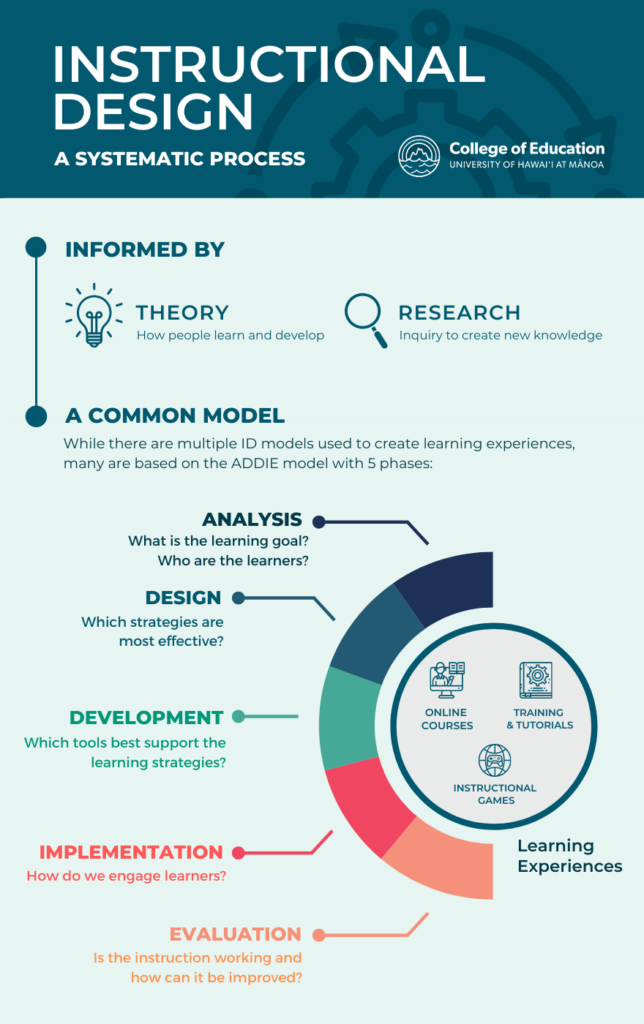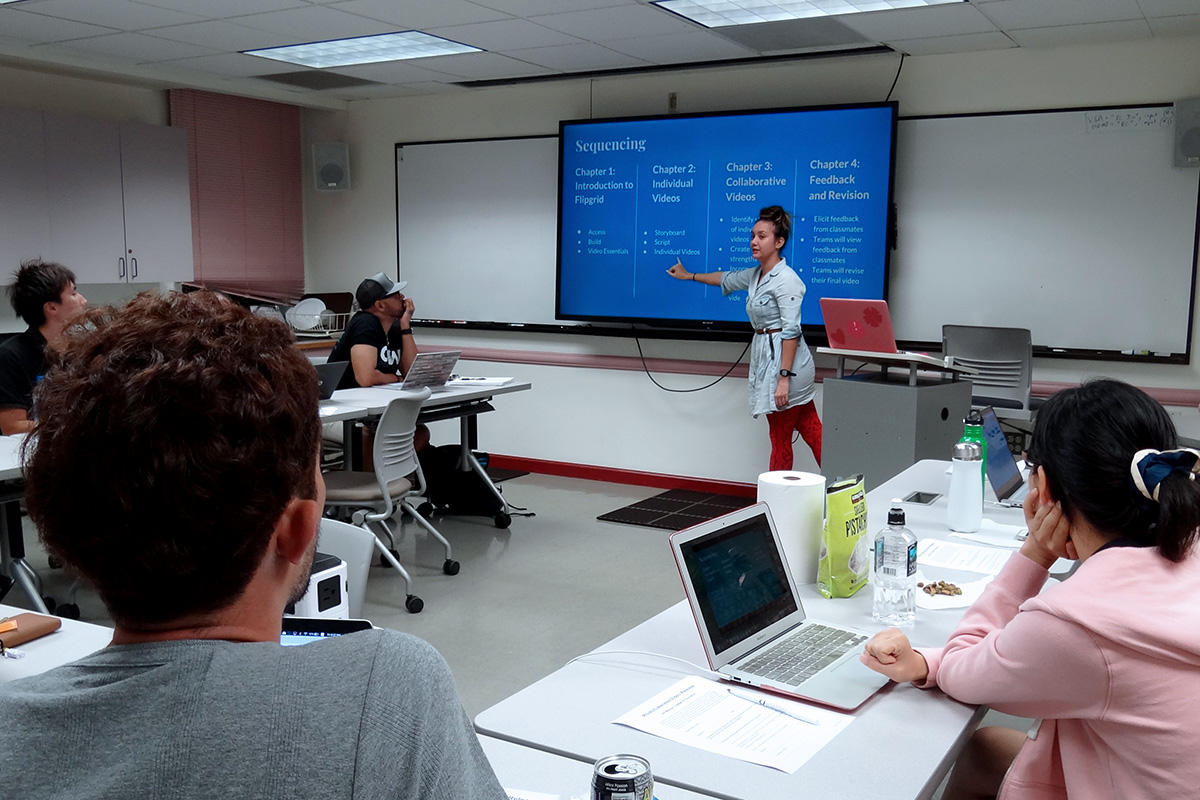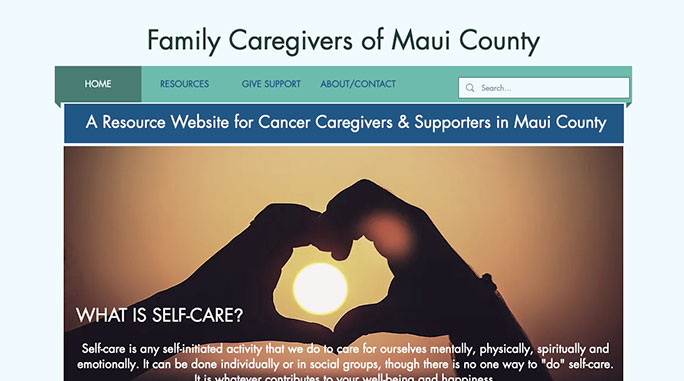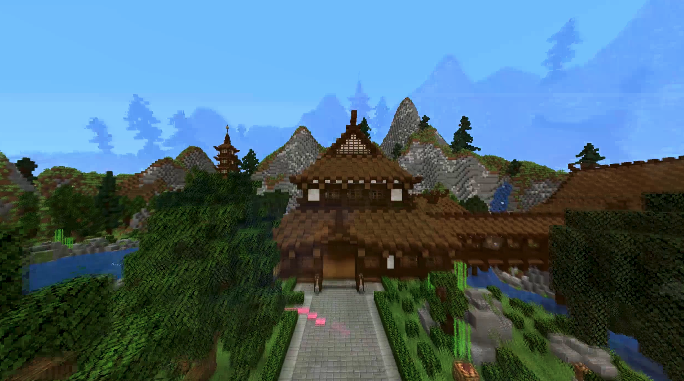Instructional design (ID) is the theoretical basis for the LTEC Master’s program and the LTEC PhD program. ID uses a systematic process, informed by theory and research, to develop learning experiences. These experiences can take place in a variety of settings (formal or informal), use various modalities (online, face-to-face, or hybrid), and take the form of courses, trainings, tutorials, instructional games, and more. The ID process typically includes analyzing the needs of the learner, defining instructional goals, developing instruction then evaluating its effectiveness. There are multiple instructional design models but many are based on a common “ADDIE” model which comprises five phases: analysis, design, development, implementation, and evaluation.
Instructional designers (IDs) use each phase of the ADDIE process to ensure learning experiences are efficient, effective, and meaningful:
- Analysis: clarify the learning goals and analyze learner characteristics such as demographics and prior knowledge.
- Design: consider which strategies are most effective to effectively reach the learning goals.
- Develop: build the learning materials and consider which tools best support the learning strategies.
- Implement: support carrying out the instruction asking how to engage learners in the learning process.
- Evaluate: assess how the instruction is working and identify how it can be improved.
ID is practiced in every industry, and instructional designers come from a wide variety of backgrounds including education, government, technology, military and the arts to name a few. Graduates with a degree in ID can immediately apply what they have learned in a corporate, K-12, or higher-education context.
Most instructional designers have a master’s degree in Learning Design & Technology or Educational Technology.














